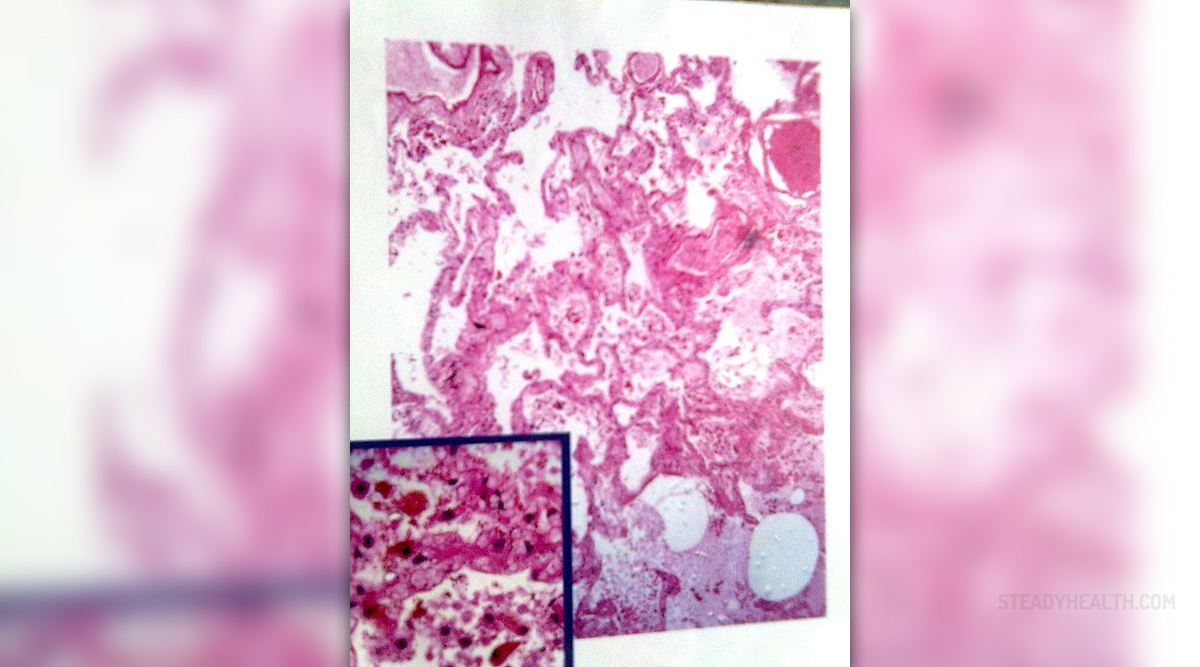
About ulcerative colitis
Ulcerative colitis is a chronic disease affecting the colon. It causes symptoms such as bloody diarrhea, frequent bowel movements or frequent urge to have bowel movements, abdominal pain and weight loss.
The colon or the large intestine is a part of the gastrointestinal system that absorbs nutrients from food and eliminates waste products in form of stools. In ulcerative colitis, the colon becomes inflamed and swollen and in more severe causes, it causes painful lesions called ulcers, forming on the lining of the colon. The ulcers sometimes bleed and discharge pus or mucus.
The intensity of the symptoms varies, depending on several factors, and they often come and go in cycles or flare-ups and remission. Remissions can last for months, even years.
This condition, which first appears between ages 15 and 30, is not very common. Ten new cases of ulcerative colitis are registered every year on every 100.000 people. Ulcerative colitis is more common among white people of Central and Eastern Europe descent, especially those descending from Ashkenazi Jews, as well as in people of African or Caribbean descent. It is fairly rare among Asians. If affects both men and women equally.
Causes of ulcerative colitis
The exact cause of ulcerative colitis is not certain, but certain factors, like genetics, environment and immune system are believed to play a role in development of this condition.
Ulcerative colitis seems to run in families, since it was estimated that approximately 16 percent of people with ulcerative colitis have a close relative with the same condition.
Environmental factors include personal hygiene habits, dietary habits and exposure to pollution and toxins.
As for the immune system causes, it seems that the immune response activates itself due to triggers such as viral and bacterial infections and causes inflammation. After the infection is resolved, the immune response fails to “turn off” and the inflammation persists.
Treatment for ulcerative colitis
Ulcerative colitis, which is always chronic, can be treated with medications and, in severe cases, with surgery. Medications serve to prolong the remission periods and to prevent future flare-ups. Medications used to produce and maintain remission may include aminosalycilates, such as sulfalazine, corticosteroids like Prednisone, cortisone, beclometasone and similar, or immunosuppressive drugs like infliximab, visilizumab and others.
Surgery is the option for severe cases and in cases with high risk of complication or suspected carcinoma. The procedure is called colectomy and it is performed to remove a portion of the colon or the entire colon.




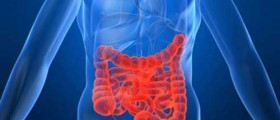

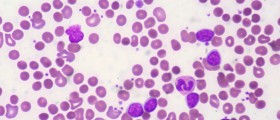





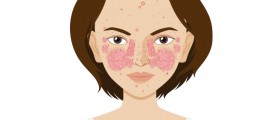


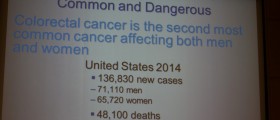

Your thoughts on this
Loading...